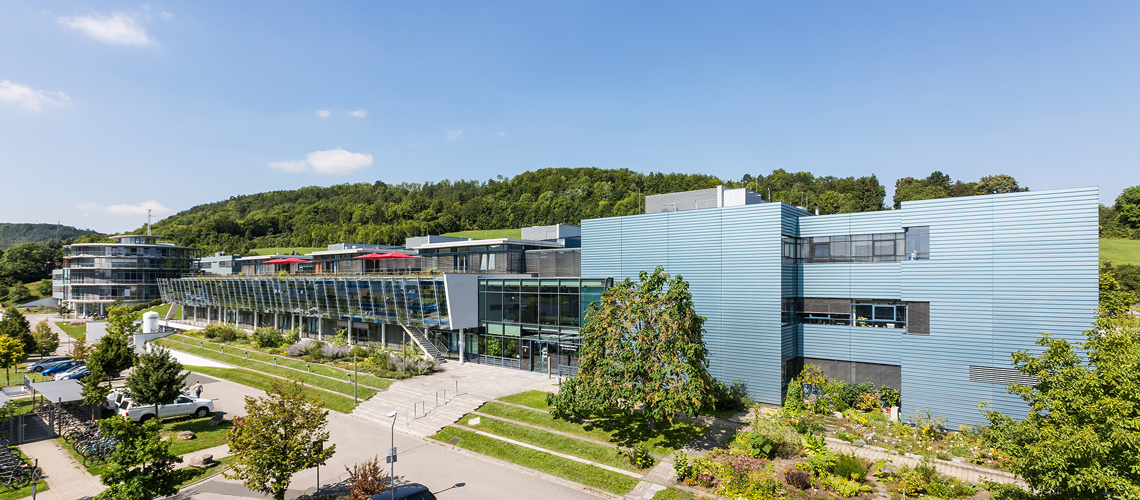The Astrophysical and Cosmological Relativity Department, led by Alessandra Buonanno, at the Max Planck Institute for Gravitational Physics (Albert Einstein Institute) in Potsdam, in collaboration with the Lichtenberg Group for History and Philosophy of Physics at the University of Bonn, led by Dennis Lehmkuhl, and the Department I and Max Planck Research Group ‘Final Theory Program” at the Max Planck Institute for History of Science, led by Jürgen Renn and Alexander Blum, respectively, is seeking a PhD student (m/f/d) and a Postdoctoral Fellow (m/f/d). The positions will start in the fall of 2023, and they are fully supported by the 2021 Balzan Prize Funds with possible funds from the Lichtenberg Group.
We invite applicants who wish to conduct research on a topic incorporating physics, history and philosophy of physics research; in particular, on the history and conceptual analysis of solving the two-body problem in General Relativity, especially as it unfolded from 1975 onwards. Important questions should concern the development of analytical and numerical methods in General Relativity, as well as their synergy and impact on the discovery of gravitational waves from merging black holes in 2015.
The positions will provide outstanding scholars with a unique opportunity to pursue research in collaboration with physicists, historians and philosophers of physics at Potsdam, Berlin and Bonn. The positions will be based at the Max Planck Institute of Gravitational Physics in Potsdam, and they will include extended periods of time at the affiliated institutions in Berlin and Bonn. We invite applications especially from candidates with a suitable background in physics, philosophy of physics and/or history of physics. For more details about the groups involved see the websites of the Astrophysical and Cosmological Relativity Department, the Lichtenberg Group for History and Philosophy of Physics at the University of Bonn, and the Max Planck Research Group “Final Theory Program” of the Max Planck Institute for History of Science.
The PhD student / postdoc will have the opportunity to fully participate in the research life of the Astrophysical and Cosmological Relativity Department in Potsdam, the Lichtenberg group and the Institute of Philosophy at the University of Bonn, and the Max Planck Institute for History of Science in Berlin, conducting research leading to peer reviewed publications, attending and presenting talks at conferences, and participating in outreach activities.
Candidate qualifications for the PhD and postdoc positions
- An undergraduate degree in physics or mathematics, and a Master degree in physics, (and a PhD degree for postdoc applicants), philosophy of physics, or history of physics.
- Native speaker or near-native command of the English language.
- Motivated, flexible, team oriented and interested in continued professional development.
Our offer
- A vibrant research environment with access to a world-class research facilities and cutting-edge research projects.
- An excellent working environment with various on-campus support (computing facilities, PhD/postdoc representatives, language courses, residence permit and visa support, children’s day care, etc.).
- For PhD students:
- A structured English-language graduate program.
- Fully funded positions (more details are available here), no tuition fees, and additional funding for conferences and professional development.
- Individual supervision and mentoring by research scientists who are leaders in their respective fields.
Application process
Candidates are encouraged to apply as soon as possible. The deadline for full consideration is July 15, 2023. Applications will be considered until the position is filled.
In order to apply for a PhD position, please fill in this online form.
You will be asked to upload a cover letter, curriculum vitae, university transcripts and the Master thesis or, if not yet available, a three-page account of what the planned Master thesis will consist of, and a list of publications (if available).
In order to apply for a postdoc position, please fill in this online form.
You will be asked to upload a cover letter, curriculum vitae, the PhD thesis (if available), a three-page research statement, and a list of publications. All applicants also need to indicate the names of three referees for recommendation letters. Referees will be notified by email on how to upload their letters.
Equal opportunities
The Max Planck Institute for Gravitational Physics is an equal opportunity employer, and is committed to providing employment opportunities to all qualified applicants without regard to race, colour, religion, age, sex, sexual orientation, gender identity, national origin, socio-economic background, or disability. The Max-Planck Society is committed to increasing the number of individuals with disabilities in its workforce and therefore encourages applications from such qualified individuals. The AEI and the Max Planck Society welcome persons with diverse backgrounds, experiences, and ideas who embrace and value diversity and inclusivity (Code of Conduct).
The institute promotes a healthy work-life balance by offering all employees a family support service, cooperation with a nearby international kindergarten, a parent-child office and a nursing room.
